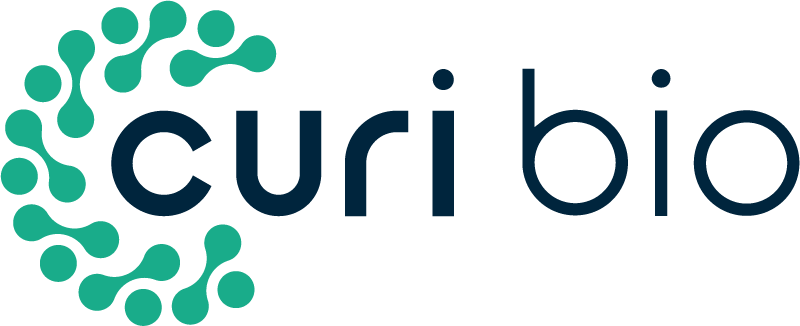Curi Bio Launches MantaReady™ 3D Skeletal Muscle Tissue Media
Proprietary Medium Provides Longer Culture Times and Stronger Contractile Force
SEATTLE—(originally posted on BUSINESS WIRE)—Curi Bio, a leading developer of human stem cell-based platforms for drug discovery, today announced the commercial launch of their MantaReady™ Skeletal Muscle Media optimized for human 3D engineered muscle tissue experiments. The proprietary media advances translational in vitro studies by producing tissues with stronger contractile forces, faster kinetics, and greater longevity compared to tissues cultured in conventional or other commercially available differentiation media. With this commercial launch, these media will be available in Primary and iPSC skeletal muscle media kits, including differentiation and maintenance formulas, targeting all stages of muscle development and maturation.
The MantaReady Skeletal Muscle Media Kits were developed in response to a lack of commercially available media products designed to support skeletal muscle constructs in 3D environments. Studies utilizing typical 2D muscle monolayers are often limited to only days in culture before myotubes detach from the substrate due to passive tension and spontaneous muscle contractions. In contrast, 3D engineered muscle tissues cultured on platforms including Mantarray™, can last for many months in culture provided they receive the nutrients required for long term in vitro muscle development and maintenance. The vast majority of media on the market today is designed for 2D muscle differentiation and when applied to 3D muscle constructs, fails to support robust contractile development and tissue homeostasis over time. MantaReady Media delivers the key nutrients necessary for in vitro muscle metabolism. Moreover, the formula sustains co-cultures containing muscle cells and fibroblasts to enable generation of a 3D matrix that more closely resembles in vivo architecture.
MantaReady Skeletal Muscle Media is serum-free, eliminating the variability often encountered with serum-containing formulas and ensuring downstream processes are not compromised from unknown factors. Curi Bio’s proprietary mix minimizes excessive passive tension to promote ideal compaction in 3D muscle constructs to produce tissues with robust contractile function. EMTs produce 4-10 fold greater forces when compared to the leading competitor medium, as well as conventional medium (DMEM high glucose, 2% horse serum, IGF-1) cited throughout in vitro muscle differentiation literature. Contraction and relaxation velocity is nearly 4 fold faster, suggesting improved health and performance in muscle constructs. Delayed contractile kinetics may suggest impaired function in normal and diseased cell lines. MantaReady media supports long term tissue survival allowing for broad experimental timescales enabling comprehensive in vitro therapeutic testing, as well as late-stage disease phenotype assessment and treatment.
The advanced performance observed with Curi Bio’s media is essential to 3D muscle tissue experiments. Medium tailored for specific muscle types, as well as specific stages of muscle development, maintenance, and maturation is vital to meet the metabolic needs of complex 3D environments. Curi Bio’s new line of media are the first addition to the new MantaReady suite of biological products. Additional products supporting the growing 3D market will be added to the MantaReady line in the coming months. To learn more about how MantaReady 3D Skeletal Muscle Tissue Media can improve the predictive power of your experiments, or about Curi Bio’s other human-relevant preclinical platform technologies and services, please reach out at www.curibio.com/contact.
About Curi Bio
Curi Bio’s preclinical discovery platform combines human stem cells, systems, and data to accelerate the discovery of new medicines. The Curi Engine™ is a comprehensive, bioengineered platform that integrates human iPSC-derived cell models, tissue-specific biosystems, and AI/ML-enabled phenotypic screening data. Curi Bio’s suite of human stem cell-based products and services enable scientists to build more mature and predictive human iPSC-derived tissues—with a focus on cardiac, musculoskeletal, and neuromuscular models—for the discovery, safety testing, and efficacy testing of new drugs in development. By offering drug developers an integrated preclinical platform comprising highly predictive human stem cell models to generate clinically-relevant data, Curi Bio is closing the gap between preclinical data and human results, accelerating the discovery and development of safer, more effective medicines.
For more information, please visit www.curibio.com.

